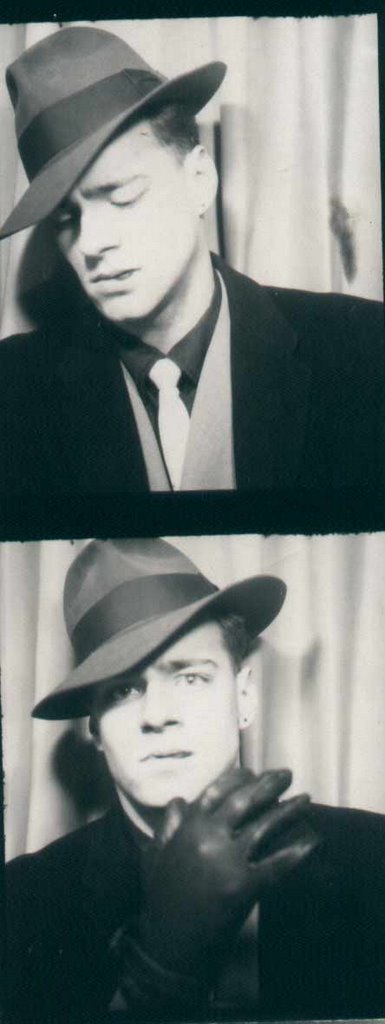Henry L. Stimson was born to a wealthy New York family two years after the end of the Civil War. He was educated at Phillips Academy in Andover, Massachusetts and Yale College before he graduated Harvard Law School in 1890 and joined the prestigious Wall Street law firm of Root and Clark in 1891, becoming a partner two years later. Stimson was appointed Secretary of War in 1911 under President William Howard Taft where he continued the reorganization of the Army begun by Elihu Root, improving its efficiency prior to its vast expansion in World War I. From 1929 to 1933, Stimson served as Secretary of State under President Herbert Hoover, where he became famous for shutting down MI-8, the State Department's cryptanalytic office, saying, "Gentlemen don't read each other's mail."
 Seeking to foster a bi-partisan coöperation for his policy of re-armament, in 1940 President Franklin D. Roosevelt returned him to his old post at the head of the War Department. Much of the credit for America's hugely successful mobilization for war goes to Stimson. Not only did he supervise the tremendous expansion of the 1939 Regular Army and National Guard of 400,000, to a force of 1.5 million in 1941, and to a final strength of over fourteen million by VJ-Day, but he also oversaw the successful construction of the Pentagon in only eighteen months, and the creation of the world's first atomic bombs. At the end of the war and against the initial wishes of both Roosevelt and Churchill, Stimson, a lawyer, insisted on proper judicial proceedings against leading war criminals. He and the War Department drafted the first proposals for an International Tribunal, which soon received backing from the incoming president Truman. Stimson's plan eventually led to the Nuremberg Trials of 1945-46, which have had a significant impact on the development of International Law. Stimson once again retired to private life at the conclusion of hostilities in September of 1945. He retired to N.Y.C. where he lived with his wife until his death in 1950.
Seeking to foster a bi-partisan coöperation for his policy of re-armament, in 1940 President Franklin D. Roosevelt returned him to his old post at the head of the War Department. Much of the credit for America's hugely successful mobilization for war goes to Stimson. Not only did he supervise the tremendous expansion of the 1939 Regular Army and National Guard of 400,000, to a force of 1.5 million in 1941, and to a final strength of over fourteen million by VJ-Day, but he also oversaw the successful construction of the Pentagon in only eighteen months, and the creation of the world's first atomic bombs. At the end of the war and against the initial wishes of both Roosevelt and Churchill, Stimson, a lawyer, insisted on proper judicial proceedings against leading war criminals. He and the War Department drafted the first proposals for an International Tribunal, which soon received backing from the incoming president Truman. Stimson's plan eventually led to the Nuremberg Trials of 1945-46, which have had a significant impact on the development of International Law. Stimson once again retired to private life at the conclusion of hostilities in September of 1945. He retired to N.Y.C. where he lived with his wife until his death in 1950.All of this would be enough of public service for any one man, but Stimson also saw service in the Great War. Immediately after war was declared in 1917, despite being almost fifty years old, Stimson volunteered for service in France. He began service there as a battery commander, seeing actual front line service, and ended in 1918 as a Colonel of the Artillery. For the rest of his life be preferred to be addressed as "Colonel Stimson." Despite out-ranking them as Secretary of War, Army Generals addressed him as Colonel.
Where are the patricians of today? I doubt that even one graduate of the Harvard Law School volunteered for service after 9/11.
Of course, those Harvard boys are pretty sharp, and they probably know a scam when they see one.
.




No comments:
Post a Comment